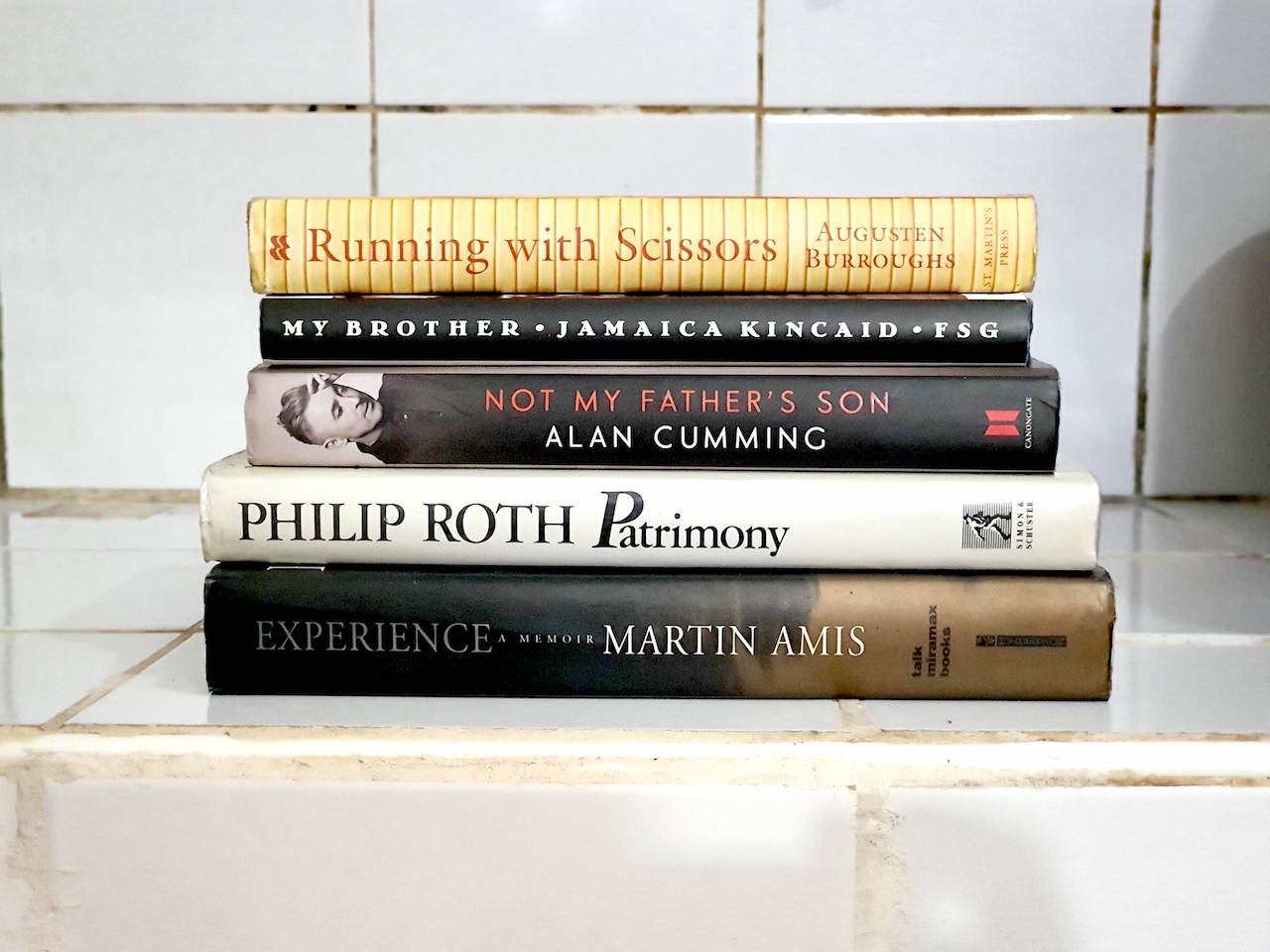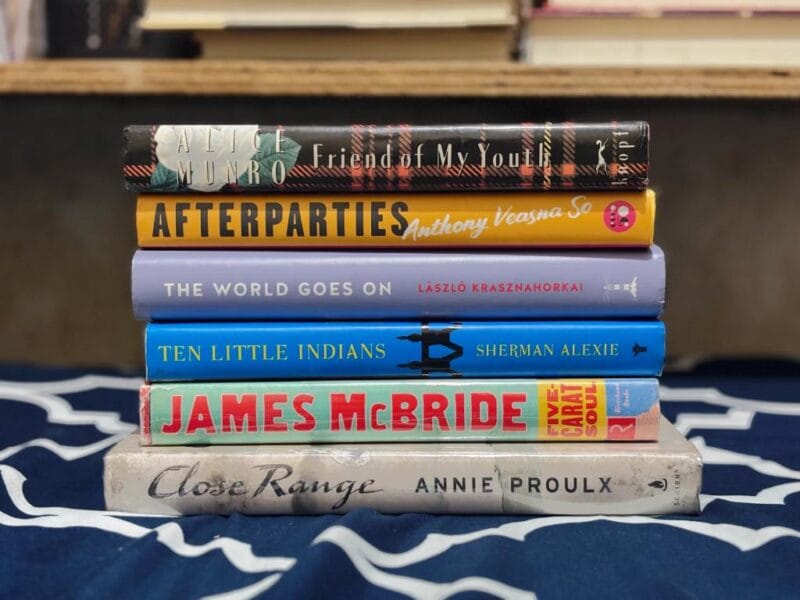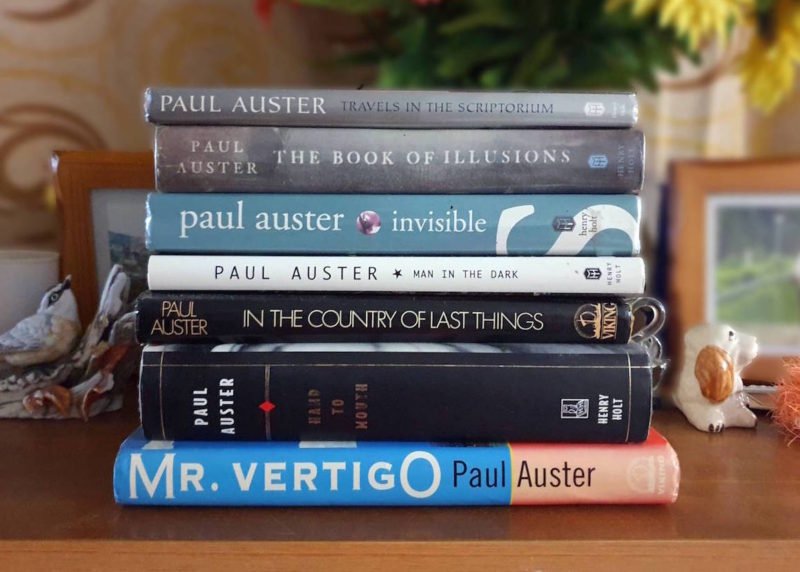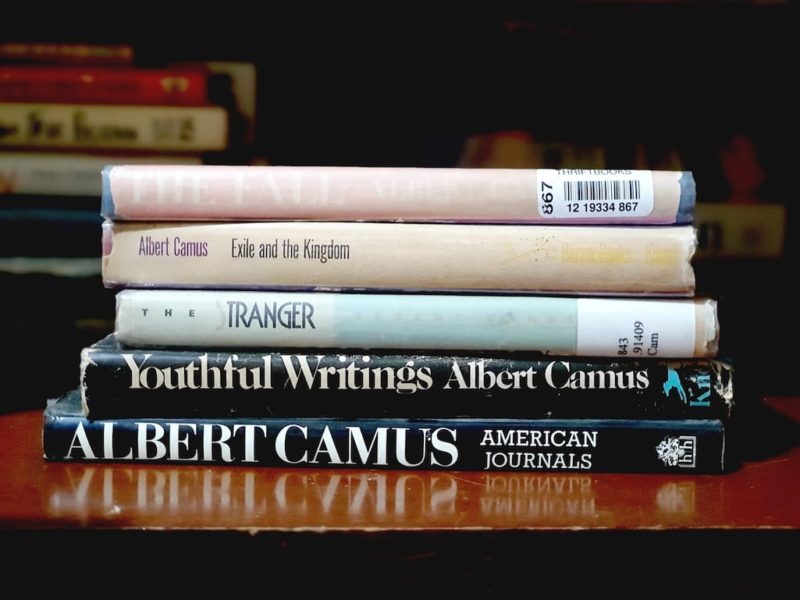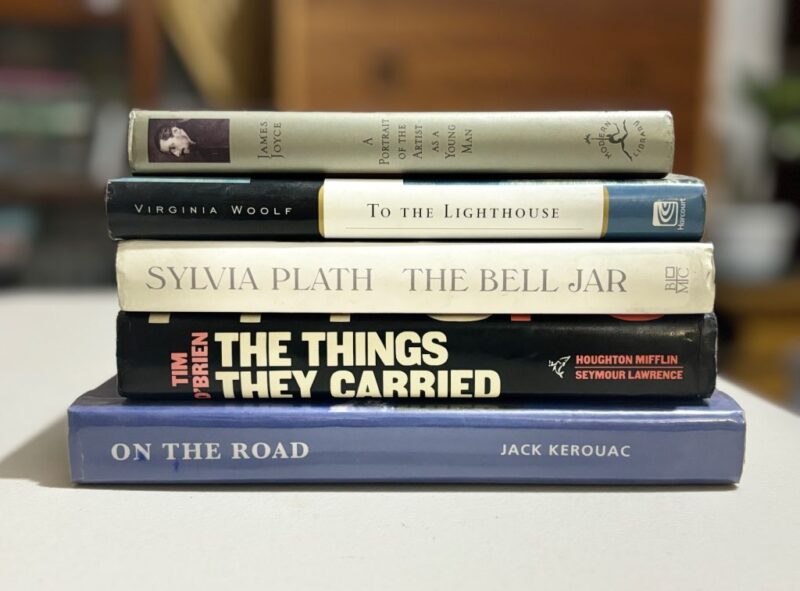Running With Scissors by Augusten Burroughs
Running With Scissors (2002) is the account of a young boy who, after his mother gave him up for adoption, spent his teenage years under the care of an unusual psychiatrist, where he steadfastly disregarded societal norms. Beginning with the dissolution of his parents’ marriage and concluding with his time as a pre-med student at a small institution, the book guides the reader through Augusten Burroughs’ formative years.
Burroughs moved in with the doctor’s odd family when he was 12 years old and was immediately immersed in Victorian-era poverty. The work is primarily concerned, as the title suggests, with the connections that Burroughs forms and breaks apart from during his adolescence, which include his interactions with his real family as well as his adoptive family, the Finches. From beginning to end, the narrative depicts an early life that was peculiar at best and abusive at worst.
My Brother by Jamaica Kincaid
Readers who are familiar with Jamaica Kincaid’s writing style won’t be surprised to learn that most of My Brother (1997) is written in a measured rage, with a disapproving attitude toward her family. Kincaid wrote a book that is less about her Rastafarian brother’s illness and more about her recent trips to Antigua, where she helped their mother take care of him while he was there.
The story of Kincaid’s family on the island of Antigua is interwoven with a beautiful, lyrical, and at times surprisingly frank narrative of her brother’s life and death. Devon Drew, her 33-year-old brother, died of AIDS on January 19, 1996. There are certain hard facts at the core of any family, and they are all vividly shown in My Brother, an unflinching account of a life cut short.
Not My Father’s Son by Alan Cumming
Alan Cumming’s family research and globe-trotting trips in search of his maternal grandfather, Tommy Darling, who died in a “shooting accident,” are detailed in Not My Father’s Son (2014). A revelation made off-screen by the “unrepentant bully” he refers to as Dad prompts his quest for his grandfather and a rethinking of his family history. Alan hasn’t spoken to his father, Alex Cumming, in over a decade.
Alan, who was forced to grow up too quickly, sought consolation in the theater and counterculture, where he was finally able to appreciate the childhood that had been robbed from him. Alan and his brother learned to suppress their emotions and conceal their excitement out of fear that their despotic father would take away anything that gave them enjoyment. Despite all these, this uplifting memoir’s unifying aspect is Cumming’s genuine, intimate way of storytelling.
Patrimony by Philip Roth
In his book Patrimony (1991), Philip Roth describes the deterioration and death of his father, Herman. Philip stands by while his father, 86, battles cancer that will eventually kill him. Bell’s palsy was suspected at first, but a brain tumor was eventually found as the real reason. Additional testing has verified the family’s worst fears: the patient has cancer, the operation will be very dangerous, and it won’t improve the quality of life at all.
Even if it is based on a factual event, the emotional intensity of Roth’s Patrimony is comparable to that of his other works. Emotionally invested in his father’s last days, the son accompanies him through each awful stage of his misery, revealing the survivalist resilience that has characterized his father’s long, dogged engagement with life.
Experience by Martin Amis
In his book Experience (2000), Martin Amis discusses at detail his tumultuous relationship with his famous father, Kingsley Amis, as well as the various creative challenges the older Amis encountered. Rarely a day passed at the Amis residence without a tribute to one of the greats. Amis demonstrates how much he learnt about his father from reading these books by using an extraordinary number of literary parallels and comparisons.
The story mainly revolves around Kingsley Amis and Lucy Partington, Martin’s cousin, who was murdered by Fred West at a bus stop when she was 21 years old. Amis investigates his cousin’s abduction and murder, which he believes was the work of one of Britain’s most known serial killers. The ever-evolving literary landscape is also discussed, and among Amis’ key targets are his representations of Robert Graves, Saul Bellow, and Philip Larkin.
Further Reading
But Will They Love Me When It’s Done? Writing about Family in Memoir by Laurie Hertzel, TriQuarterly
5 memoirs about family you need to read, from Amy Tan, PBS News Hours
If You Love “The Glass Castle,” Read These 11 Memoirs by Kerri Jarema, Bustle
Family Memoirs: The Ties That Bind and Those That Fray by Roy Hoffman, The New York Times
